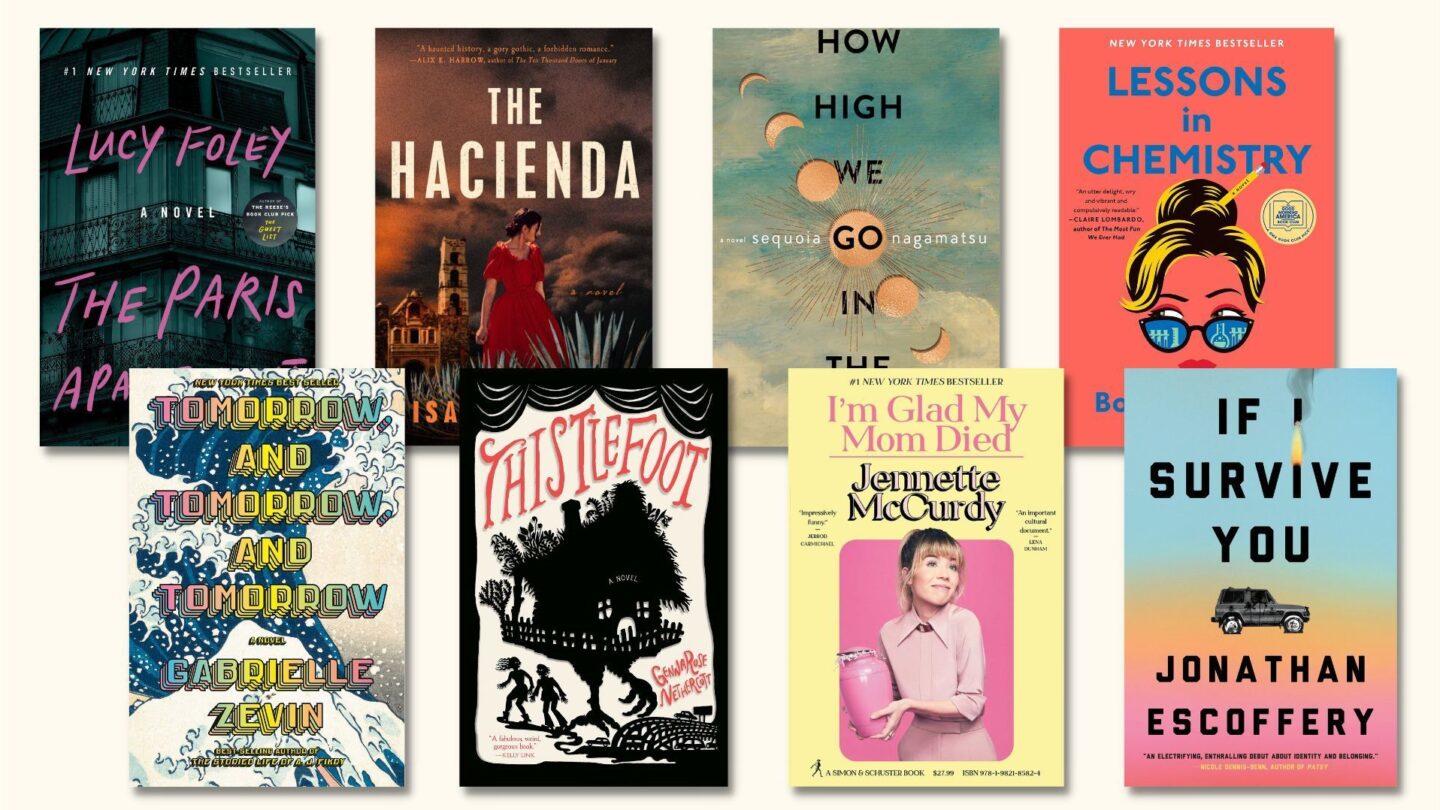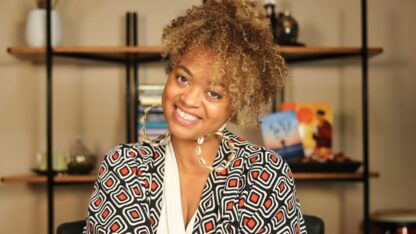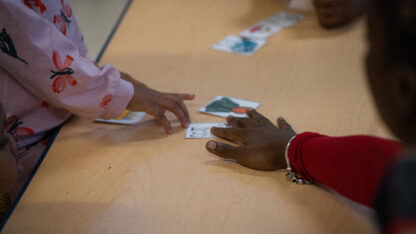8 books that NPR critics and staff were eager to tell you about in 2022

It’s that time of year again: NPR brings you the complete Books We Love list for 2022, a quirky, highly personal collection of staff and contributors’ favorite books of the year.
We’ve curated a range of reads from the renaissance of ever-diverse graphic novels to hair-raising thrillers and mysteries.
Of the 402 books that made the list, here are eight of the books that Books We Love readers recommended the most.
“Tomorrow, and Tomorrow, and Tomorrow” by Gabrielle Zevin
You know that feeling when you finally beat a video game? Emotional catharsis floods your mind and body and, drained, you set down the controller with a sigh. If you’re not much of a gamer, but you still crave that emotional release, Gabrielle Zevin’s brilliant novel about two friends’ journey to video game stardom is the perfect substitute. This story of love, loss and the constant battle between art and commercial success left me short of breath. It’s one of those books you’ll be thinking about long after “game over.”
— Brandon Carter, associate producer, Washington Desk
“Thistlefoot” by GennaRose Nethercott
For centuries, the crone Baba Yaga has been a figure in Slavic folklore – the kind of character who might lend you a magical candle or kill you and use your skull to decorate her house on chicken legs. In her debut novel, “Thistlefoot,” author and folklorist GennaRose Nethercott reimagines Baba Yaga as a Jewish woman living in an Eastern European shtetl in 1919, during a time of civil war and pogroms. Through the crone and her story, Nethercott explores the idea of folklore as a retelling of a memory too painful to talk about plainly.
— Mallory Yu, producer/editor, “All Things Considered”
“I’m Glad My Mom Died” by Jennette McCurdy
Former iCarly star Jennette McCurdy’s account of her tumultuous relationship with show business, disordered eating and abuse by her mother is the heart of her debut memoir, “I’m Glad My Mom Died.” McCurdy’s storytelling is not only fantastic but intimate and raw, full of both pain and humor. While it can be hard to read, learning about how much she was going through privately while in the public eye, “I’m Glad My Mom Died” is also hard to put down – and hard to forget.
— Aja Miller, associate, Member Partnership
“If I Survive You” by Jonathan Escoffery
I could say something buttoned-up, like “Jonathan Escoffery’s debut collection of short stories examines race, identity and class in incisive ways.” And that’d be true, but phrasing it that way betrays the lack of didacticism in his writing. Instead, the book – which follows generations of one Jamaican American family – focuses on the hunger (literal and figurative), heartbreak, horniness and (maybe?) hope that often come hand-in-hand with trying to make it in this country.
— Andrew Limbong, correspondent, Culture Desk and host, “Book of the Day”
“The Paris Apartment” by Lucy Foley
Lucy Foley is back with her latest whodunit, this time set in an eerie Parisian apartment complex. Running from her own problems, Jess decides to visit Ben, her journalist brother. But when she gets to Paris, Ben is nowhere to be found. None of his neighbors know where he is, but they all seem to know him – maybe a little too well. As she investigates, Jess learns more about her brother, his work and those peculiar neighbors. With characters suspicious and unlikable in their own way and a fun twist, you’re in for a dark and moody escape.
— Arielle Retting, growth editor, Digital News
“The Hacienda” by Isabel Cañas
I’m a sucker for Gothic novels, and I’ve been loving the trend of Gothics that take place somewhere unexpected (i.e., not Europe). “The Hacienda” is a story that takes us to, well, a hacienda – in a remote Mexican town in the 1820s, not long after the War of Independence. The protagonist, Beatriz, moves to her new husband’s large estate, eager to escape the rejection, poverty and tragedy that she’s suffered in Mexico City. What she finds instead is a ridiculously haunted house inhabited by some equally haunted-seeming people – including those meant to be closest to her.
— Leah Donnella, supervising editor, “Code Switch”
“How High We Go in the Dark” by Sequoia Nagamatsu
Sequoia Nagamatsu’s debut is beautiful and unsparing in its depiction of a world reeling from a climate catastrophe-driven plague. From the earliest days of a pandemic, to the impacts that linger centuries into the future, the plague forces humans to reckon with immeasurable grief and loss. And the commercialization of death is inescapable: There’s a euthanasia amusement park for terminally ill children, a hotel for the dead. But despite the doom and gloom, these stories are endlessly imaginative and rich with meaning. Though the universe these stories are unfolding within is undeniably bleak, Nagamatsu imbues his characters with a sense of cosmic hope and humanity.
— Summer Thomad, production assistant, “Code Switch”
“Lessons in Chemistry” by Bonnie Garmus
The 1950s weren’t just unkind to women with aspirations outside the home – they were punishing. Case in point: Elizabeth Zott, chemist. She doesn’t have her Ph.D. because she was assaulted by a professor; she’s belittled and harassed by the men she works with. She falls in love with a star scientist – and is dogged by rumors that she’s using him to get ahead. His accidental death, her surprise pregnancy and new single-mother desperation lead her to success in an unlikely place: a TV cooking show. But Zott gives her audience radical lessons that go beyond the kitchen. This book is an often funny-yet-infuriating read.
— Melissa Gray, senior producer, “Weekend Edition”
9(MDAxODM0MDY4MDEyMTY4NDA3MzI3YjkzMw004))








